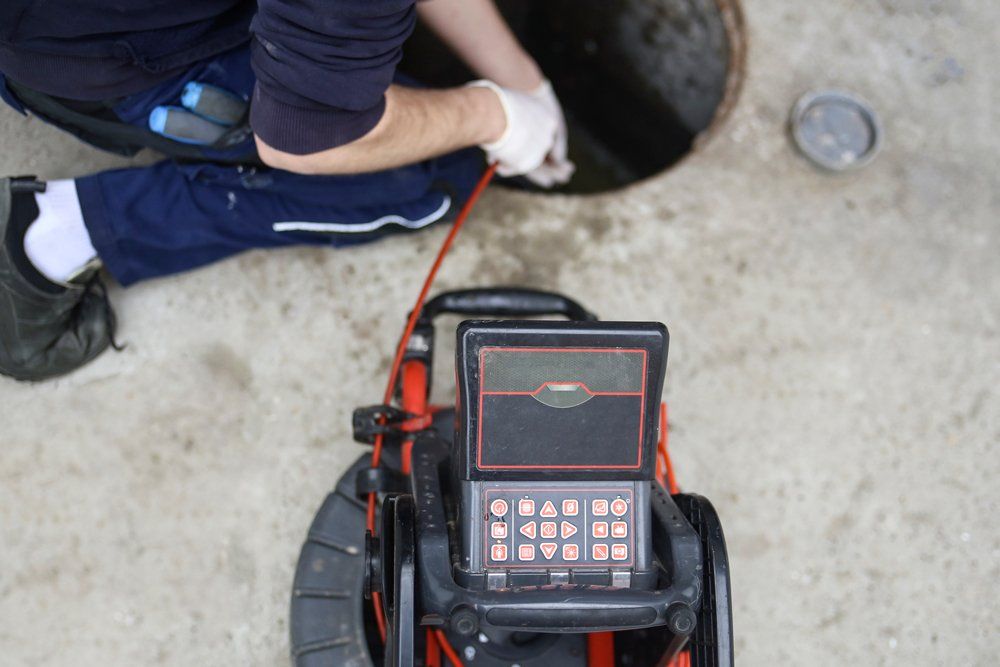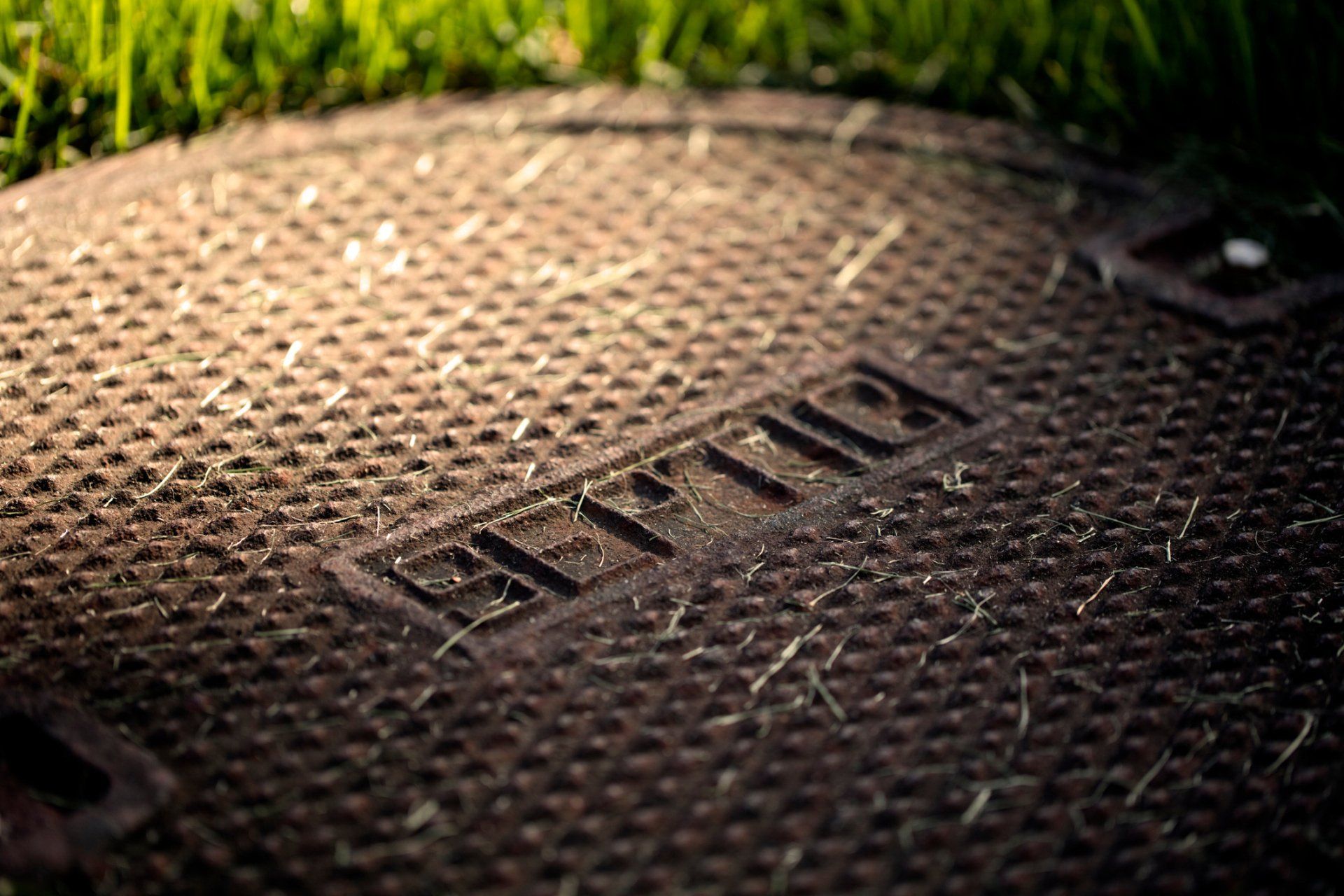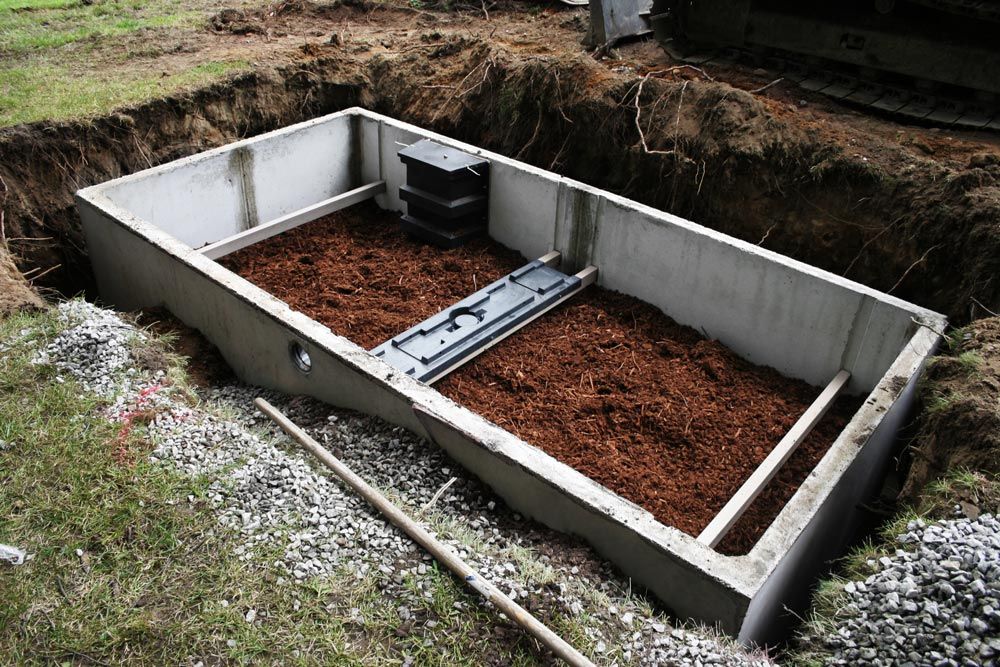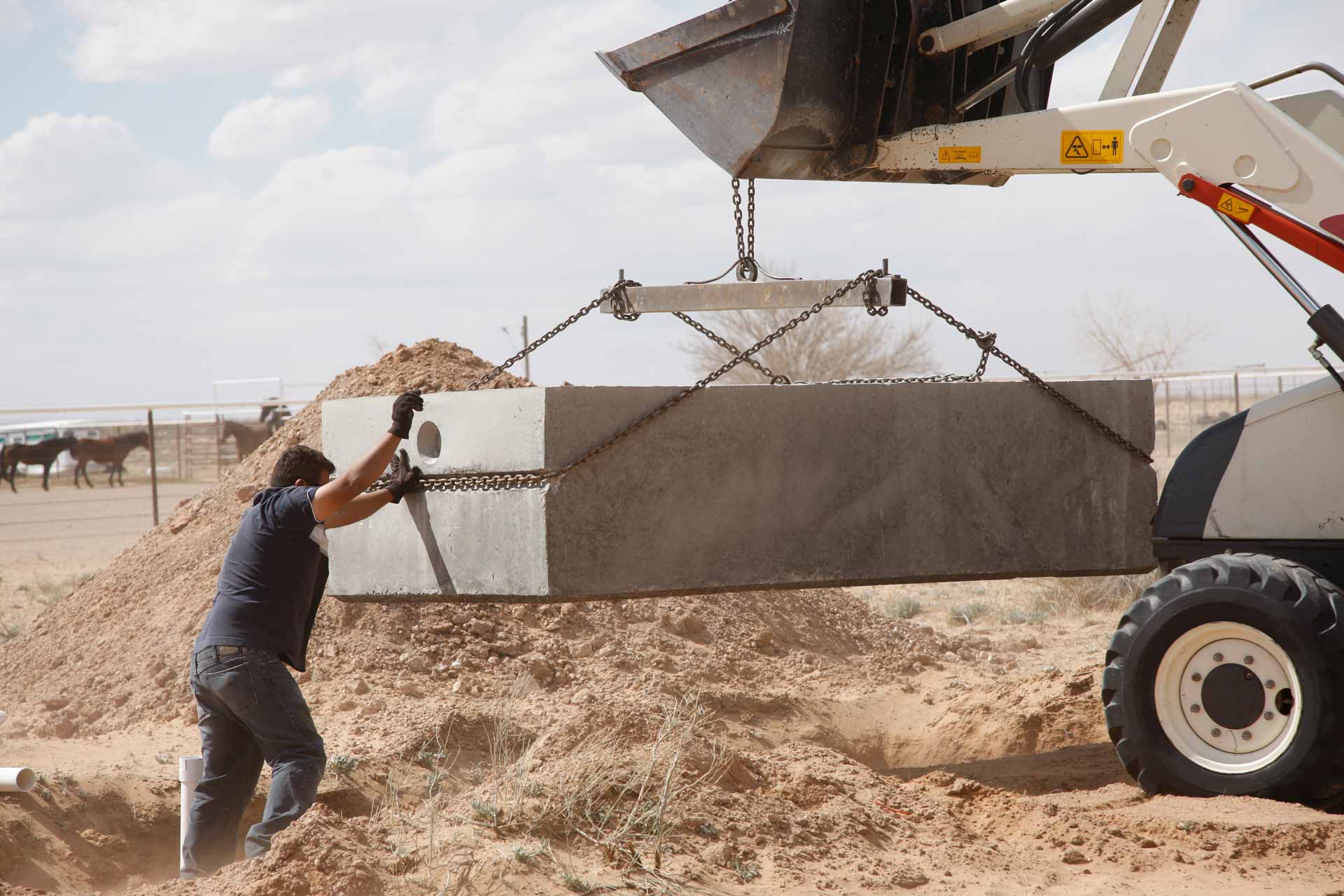How Different Appliances Can Hurt Your Septic System
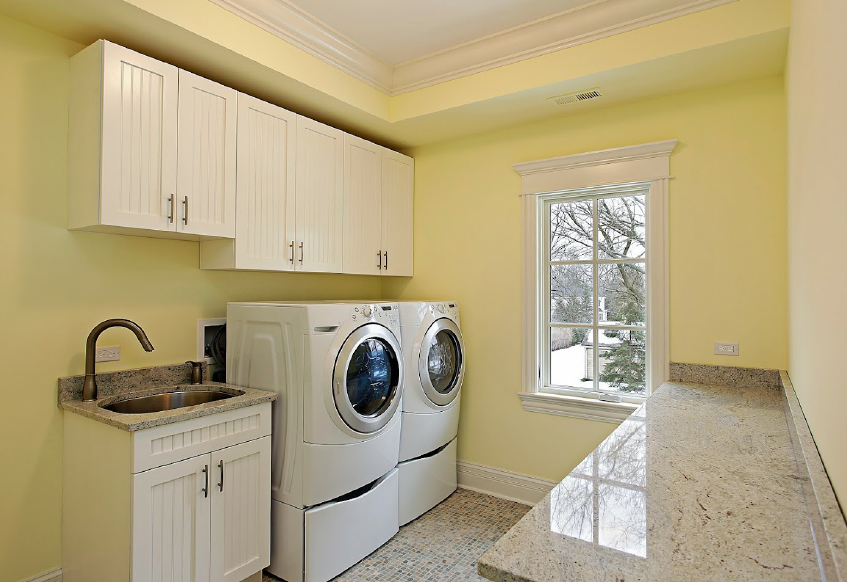
The type and volume of waste that your septic system receives determine its efficiency. Some waste kills the septic bacteria, which you need to decompose septic effluent. Some waste fills up your septic tank sooner than normal. Some dangerous waste comes from your plumbing appliances.
Below are some of the appliances that can negatively affect your septic system.
Hot Tub
The hot tub can hurt your septic system in multiple ways. Below are three of those ways.
1. Excess Water
A hot tub holds a considerable volume of water that you need to empty regularly. Too much water can hurt your septic system in several ways. For example, water overuse can overwhelm the septic system, disturb the solid waste in the tank, and cause an overflow. Untreated waste might end up in the drainfield or contaminate the environment.
Secondly, you can flood the drainfield if you empty the tub directly into it. The flooding risk is especially high for hot tubs that sit close to septic systems. The proximity can tempt many people to take the easy route and empty the tub into the drainfield. However, drainfield flooding is bad since it hampers further absorption of treated waste.
2. Chemicals
Septic systems rely on bacteria to treat their wastes. However, some people use chemicals in their hot tubs, killing bacteria and reducing the septic system's efficiency. Treatment chemicals, such as chlorine and bath salts, are common examples.
3. Weight
The hot tub can hurt your septic system if you place it on the septic drainfield. A typical hot tub is heavy and might compact the ground. A compacted drainfield is dangerous since it needs to breathe and absorb the waste from the septic tank.
Garbage Disposal
Garbage disposal is a convenient appliance for handling kitchen waste. However, some of the appliance's waste can hurt the septic system. Below are two types of waste.
1. FOG
Kitchen waste often has considerable amounts of fats, oils, and grease (FOG). FOG can coalesce and clog the septic pipes, preventing further waste flow. Septic bacteria also struggle to break down FOG, so it will just accumulate in the tank.
2. Solid Waste
Garbage disposal produces considerable solid waste. This solid waste will often accumulate in the septic system and fill it up faster than normal. Therefore, only connect the garbage disposal to the septic system if you are okay with frequent pumping.
Washing Machine
The type of washing machine and its usage determines its effect on your septic system. Below are some causes of these potential effects.
1. Chemicals
Soap and detergent can kill the septic bacteria you need to decompose your waste. The damage might not be much if you use the recommended volume of soap. Liquid detergent is also safer than powder detergent. However, you should worry about powder detergent overuse since some of this might even clump together within the septic system and cause blockages.
2. Excess Water
Normal washing machine use should not overwhelm your septic system with water. The danger arises if you regularly overload the washing machine or do multiple loads of laundry within a short period. The drainfield might not handle that much water effectively.
3. Lint
Lint from your clothes can hurt your septic system in two main ways. First, lint can form lumps and clog the septic pipes. Secondly, lint from nonorganic materials might not easily degrade since bacteria cannot break it down. The damage can worsen with clogged, damaged, or nonexistent lint filters.
Take care of your septic system so that it can take care of your waste. Pete's Outflow Technicians can help you service your septic system to ensure it can handle the waste you designed it to handle. Contact us for a quote on any septic service you need.

